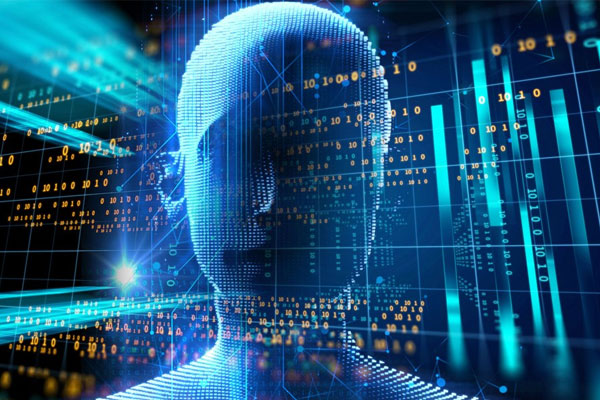
Future of Artificial Intelligence!
Artificial Intelligence (AI) has become an important aspect of the future. This applies equally as well to Information Technology (IT) as it does many other industries that rely on it. Just a decade ago, AI technology seemed like something straight out of science fiction; today, we use it in everyday life without realising it – from intelligence research to facial recognition and speech recognition to automation.
Undoubtedly, Artificial Intelligence (AI) is a revolutionary field of computer science, which is ready to become the main component of various emerging technologies like big data, robotics, and IoT. It will continue to act as a technological innovator in the coming years. In just a few years, AI has become a reality from fantasy. Machines that help humans with intelligence are not just in sci-fi movies but also in the real world. At this time, we live in a world of Artificial Intelligence that was just a story though for some years.
We are using AI technology in our daily lives either unknowingly or knowingly, and somewhere it has become a part of our life. Ranging from Alexa/Siri to Chatbots, everyone is carrying AI in their daily routine. The development and evolution of this technology are happening at a rapid pace. However, it was not as smooth and easy as it seemed to us. It has taken several years and lots of hard work & contributions of various people to take AI at this stage. Being such a revolutionary technology, AI also deals with many controversies about its future and impact on Human beings. It may be dangerous, but also a great opportunity. AI will be deployed to enhance both defensive and offensive cyber operations. Additionally, new means of cyber-attack will be invented to take advantage of particular vulnerabilities of AI technology.
The artificial intelligence (AI) revolution is upon us, and companies must prepare to adapt to this change. It is important to make an inventory of the current skills within the company to identify which additional skills the employees need to learn. The company does well in developing an AI strategy to outline the areas where AI is most effective, whether in a product or a service. Failing to act inevitably means falling behind. The training should include an introduction to AI, its capabilities, and its shortcomings (AI is only as good as its training data). This article gives a view of the current state of AI and what lies ahead.
AI and related technologies have had a positive impact on the way the IT sector works. To put it simply, artificial intelligence is a branch of computer science that looks to turning computers into intelligent machines that would, otherwise, not be possible without direct human intervention. By making use of computer-based training and advanced algorithms, AI and machine learning can be used to create systems capable of mimicking human behaviors, provide solutions to difficult and complicated problems, and further develop simulations, aiming to become human-level AI.